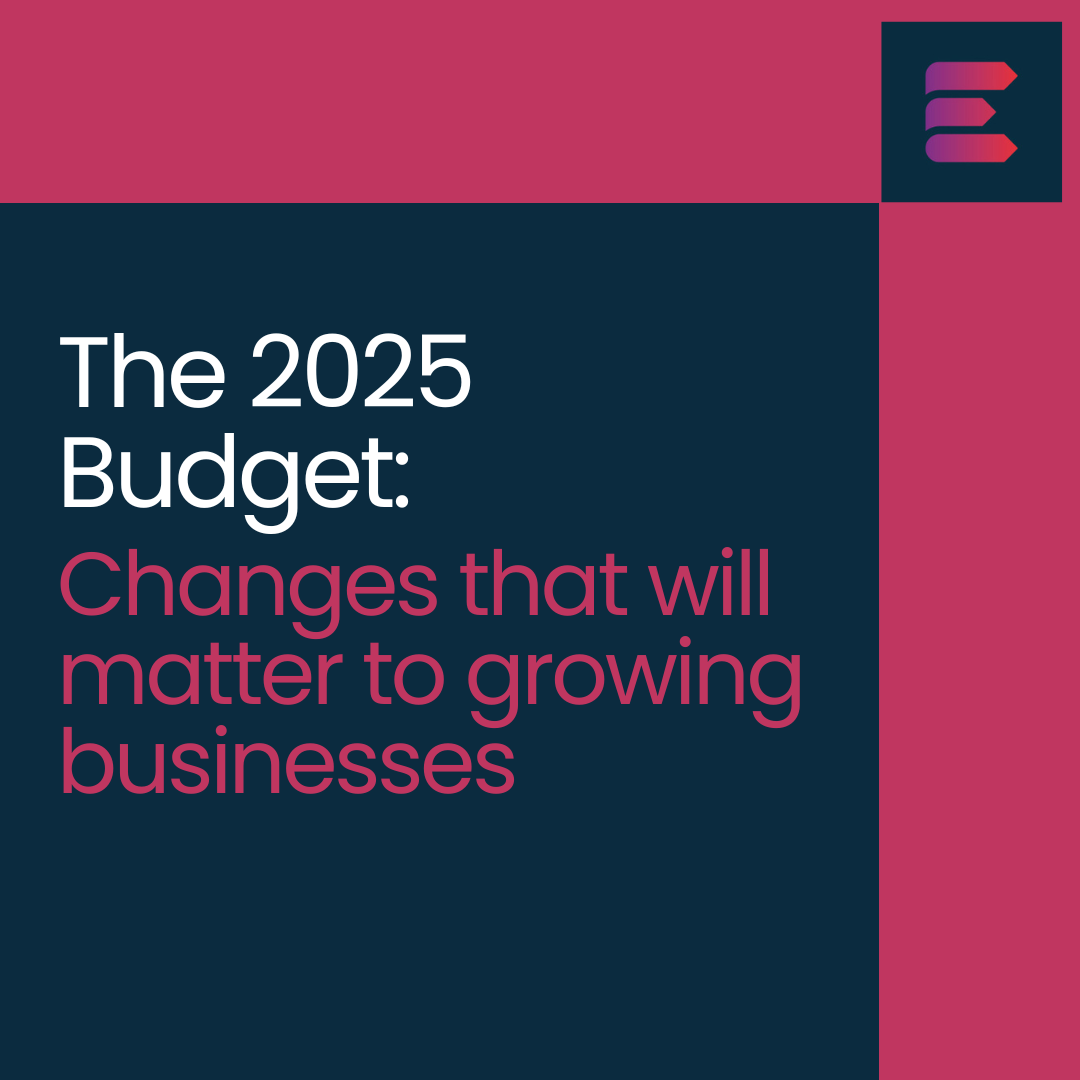The 2025 Budget changes that will matter to growing businesses

This Budget delivered a mixed picture for the business owners we work with. Some of the tax rises will affect the pockets of directors who draw income through dividends, savings or rental property. From 2027 those rates will rise by 2 percentage points, which will raise the cost of taking profit out of a company. The change to pension salary sacrifice from 2029 will also matter for many owner-managers who use this route as part of their pay plan.
There is also a big change for landlords, with higher tax on property income and for anyone who uses employee ownership trusts as an exit route: the relief will be capped at 50 per cent.
But there are bright spots for firms looking to grow. The increase in Enterprise Management Incentives (EMI) limits, the broader reach of EIS and VCT and the government’s stated focus on supporting scale-up firms all point in the right direction. Many of our clients are in that ‘fast but fragile’ growth stage and any move that helps them attract investment or reward key staff is welcome.
The push toward digital VAT and corporate tax filing, plus mandatory e-invoicing from 2029, is also worth keeping an eye on. It will change how some firms operate and could speed up lender due diligence in time.
In short, some areas will sting and others will help. The biggest concern we’re hearing already is the impact of rising dividend tax at a time when many businesses are fighting to protect cash flow. We’ll keep working with clients to make sure their funding gives them room to plan, invest and steady the ship when these changes start to impact.
If you’d like to speak with Stef or Nilima about how any of these changes may affect your funding in future, we’re here to help.






